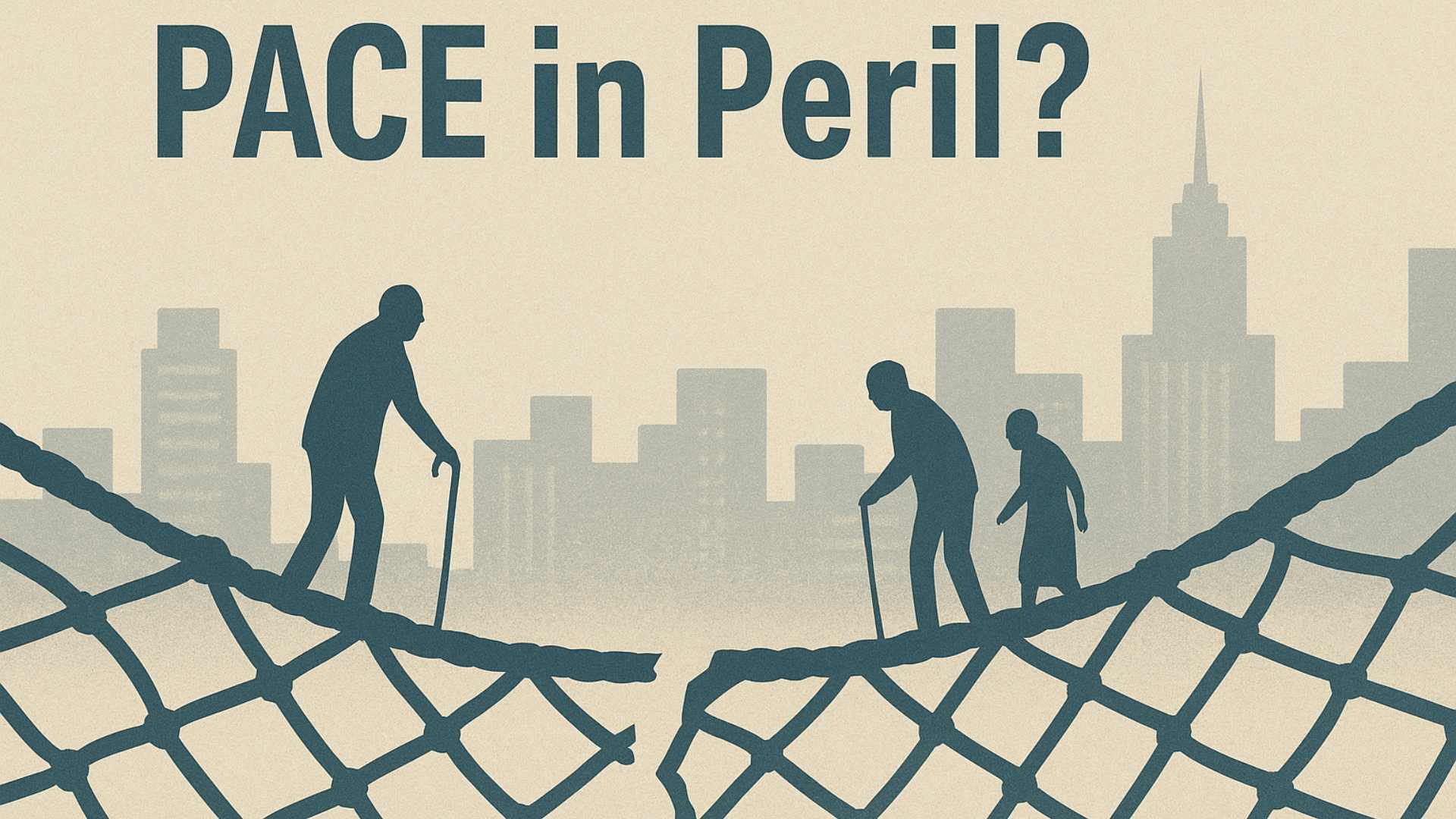
New tracker finds rapid private equity expansion in elder care
September 24, 2025
PACE in Peril? New tracker finds rapid private equity expansion in elder care
PESP analysis shows 12,000 seniors enrolled in investor-owned PACE programs as federal cuts threaten elder care
Recent federal cuts to Medicaid and the rollback of nursing-home staffing standards have already placed elder care under strain. Now, a new report from the Private Equity Stakeholder Project (PESP) highlights another growing risk: Wall Street’s growing presence in the Program of All-Inclusive Care for the Elderly (PACE).
Today, PESP released its PACE Investment Tracker, the first-ever national tracker of private equity investment in PACE, documenting how investor-backed providers have grown within this Medicaid- and Medicare-funded model that helps older adults remain in their homes rather than move into nursing facilities.
Key findings from the PESP PACE Investment Tracker include:
- Rapid growth: Private equity- and venture capital-owned PACE programs have surged since 2016. Now at least 30 programs (15% of the national total) are investor-owned, serving nearly 12,000 older adults.
- Investor dominance: Two-thirds of participants in for-profit PACE programs are now in investor-owned organizations.
- Quality concerns: InnovAge, the largest PACE operator, has faced federal and state investigations. After being acquired by private equity in 2016, it expanded rapidly, took on debt, and paid a dividend to investors. InnovAge operates in California, Colorado, Florida, New Mexico, Pennsylvania, and Virginia.
- Bankruptcy risk: In 2024, private equity-backed companies accounted for more than one-fifth of all healthcare bankruptcies, including 7 of the 8 largest cases, underscoring the risks of applying the same debt-driven model to elder care.
These findings come as Medicaid itself is under threat. According to the Congressional Budget Office, as reported by MLive, the Trump administration’s proposed budget would cut nearly $880 billion from the Energy and Commerce Committee with most of the money coming from Medicaid, potentially leaving 8.6 million Americans without coverage. In Michigan alone, more than 7,000 seniors who rely on PACE could lose access to care if the cuts are enacted. At the same time, NPR has reported that PACE providers are increasingly being drawn into addressing rising elder homelessness, at times serving as housing providers of last resort.
“PACE was established to provide older adults with the option to age at home with dignity and comprehensive care,” said Michael Fenne, senior healthcare research coordinator and author of the PACE Tracker. “Our findings confirm that private equity firms are rapidly expanding into PACE programs, in some cases bringing financial strategies that have already harmed patients in hospitals and nursing homes. Combined with federal Medicaid cuts, this expansion poses a potentially serious risk to seniors and their families.”
Fenne added: “Prior experience makes it clear that policymakers should be proactive about ensuring PACE remains focused on patient care rather than investor returns. The lessons from private equity’s impact on hospitals and nursing homes do not have to be repeated in community-based elder care.”
The PESP PACE Investment Tracker is the first tool of its kind and joins PESP’s suite of resources—including the Hospital Tracker and Bankruptcy Tracker—that measure the scope of private equity’s reach across critical sectors of the economy. PESP is calling on Congress, CMS, and state regulators to reject Medicaid cuts, require ownership transparency in PACE, prohibit debt-funded payouts that divert resources from care, and strengthen oversight to protect older adults.
Visit the PACE Investment Tracker page here: pestakeholder.org/reports/pace-tracker
